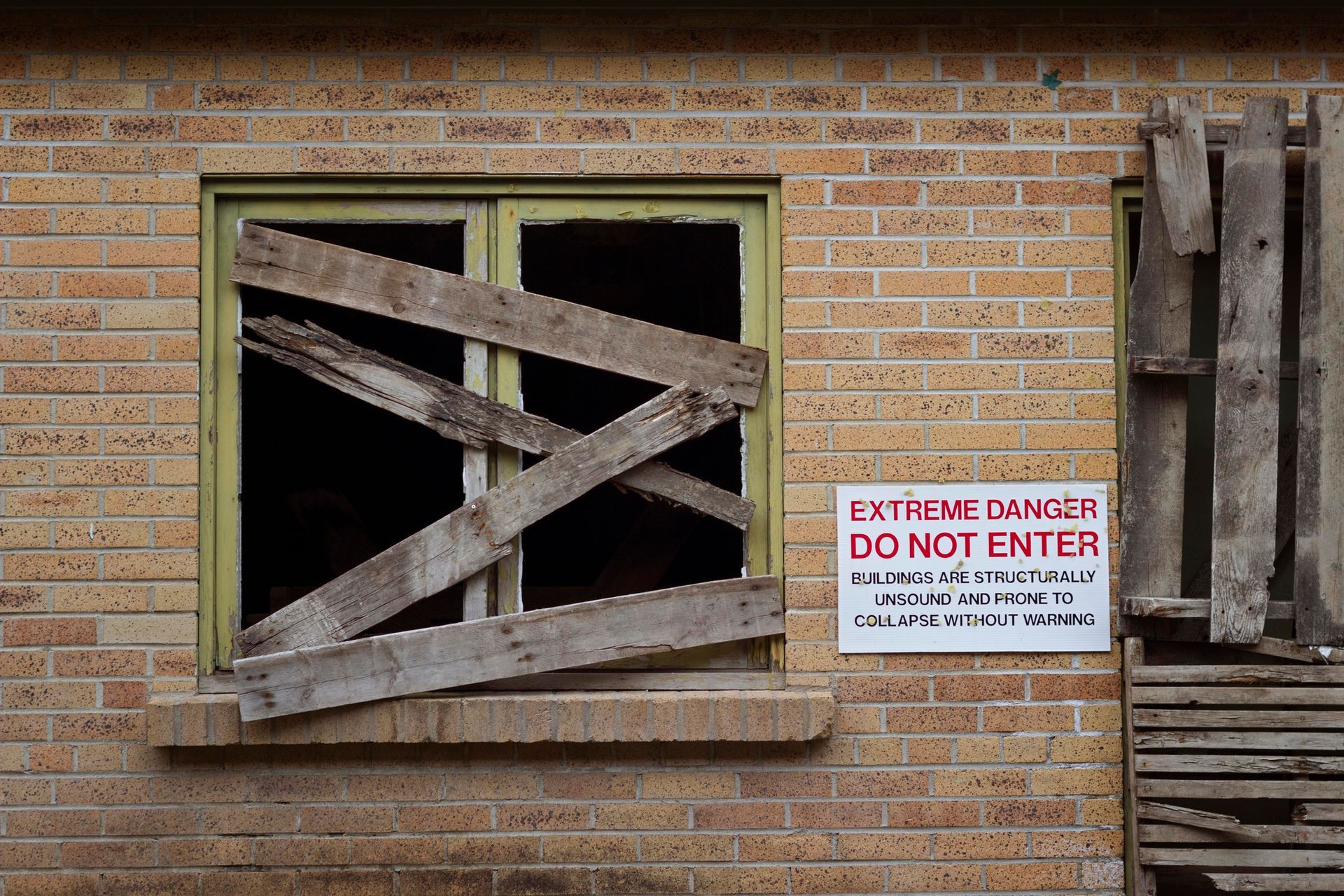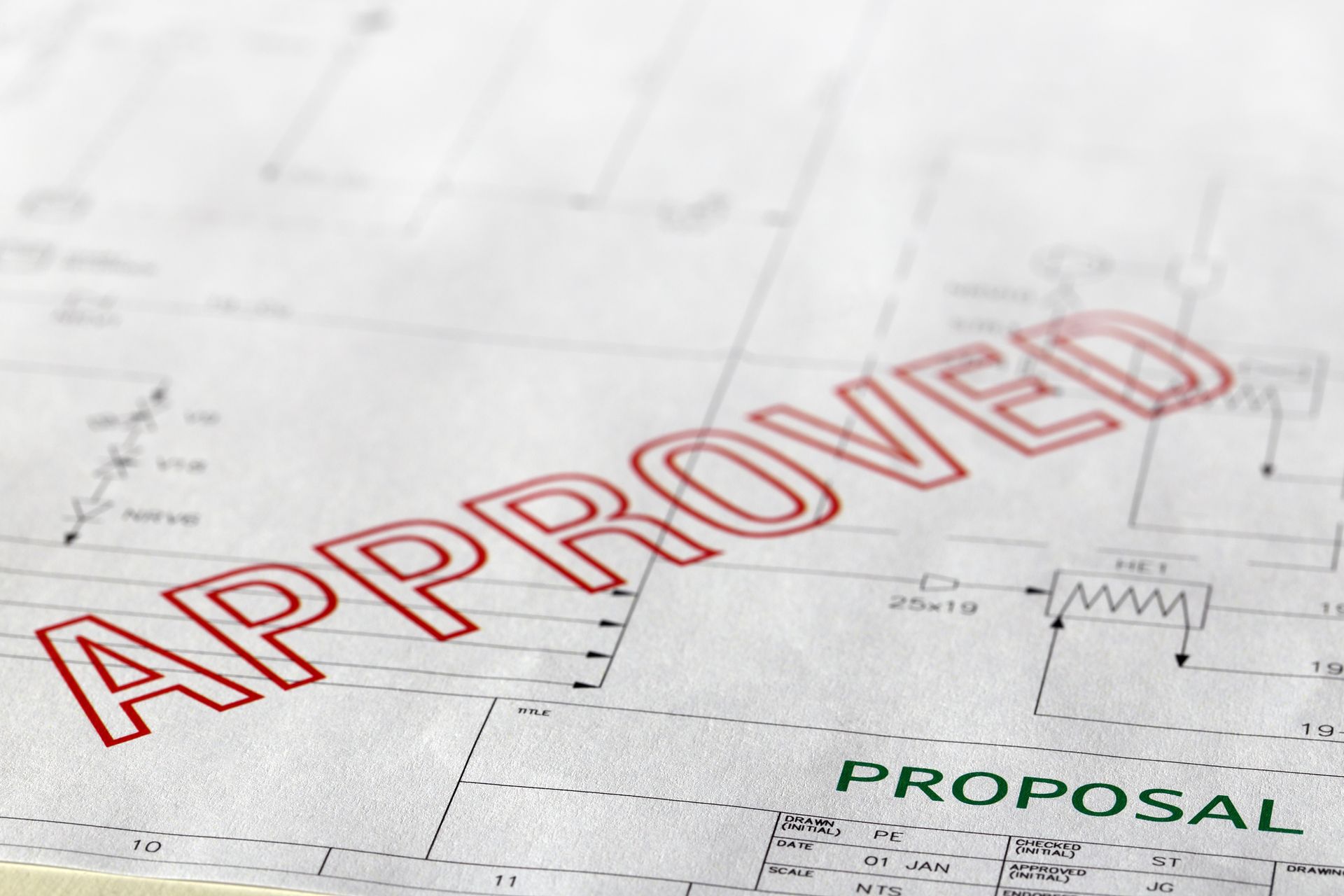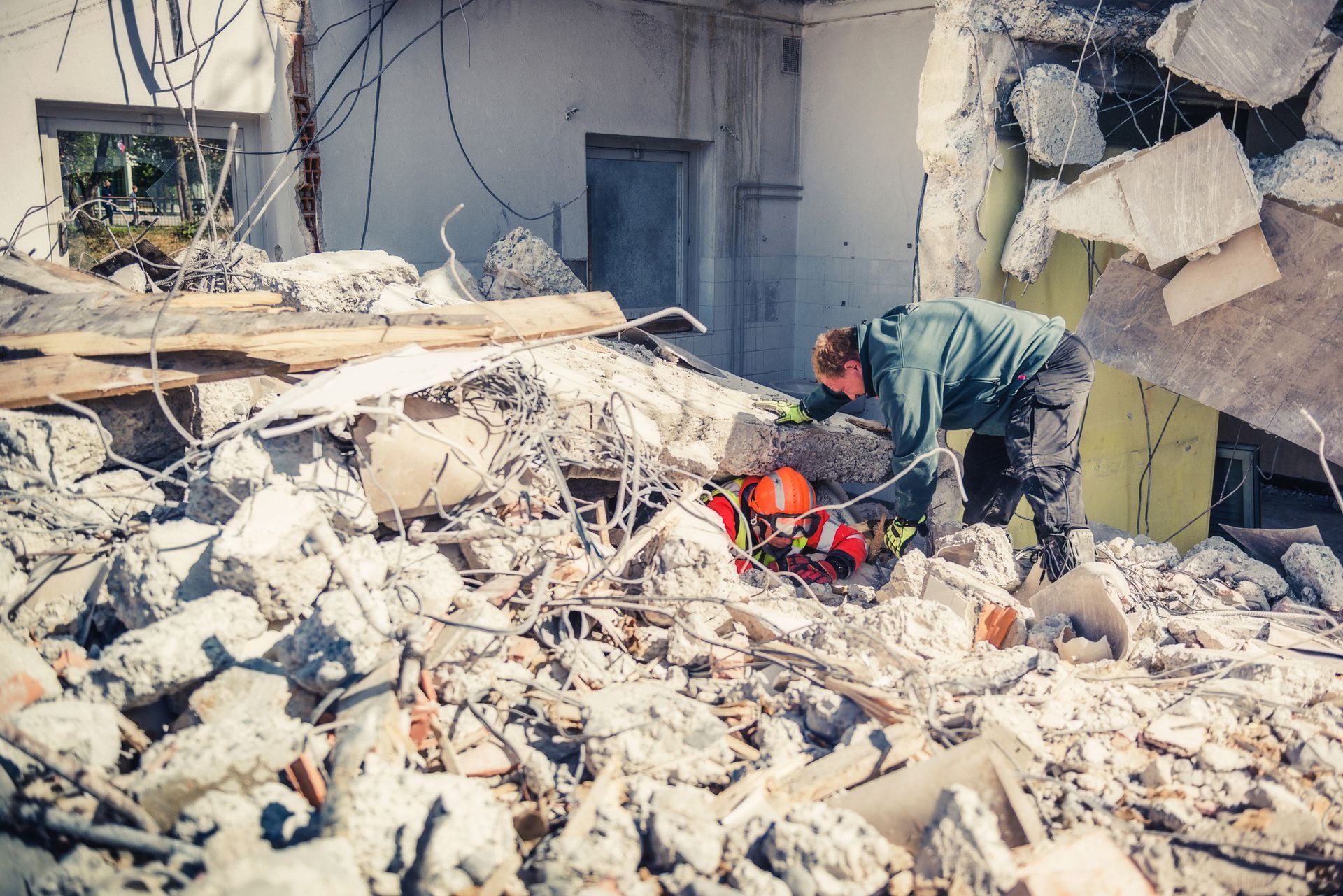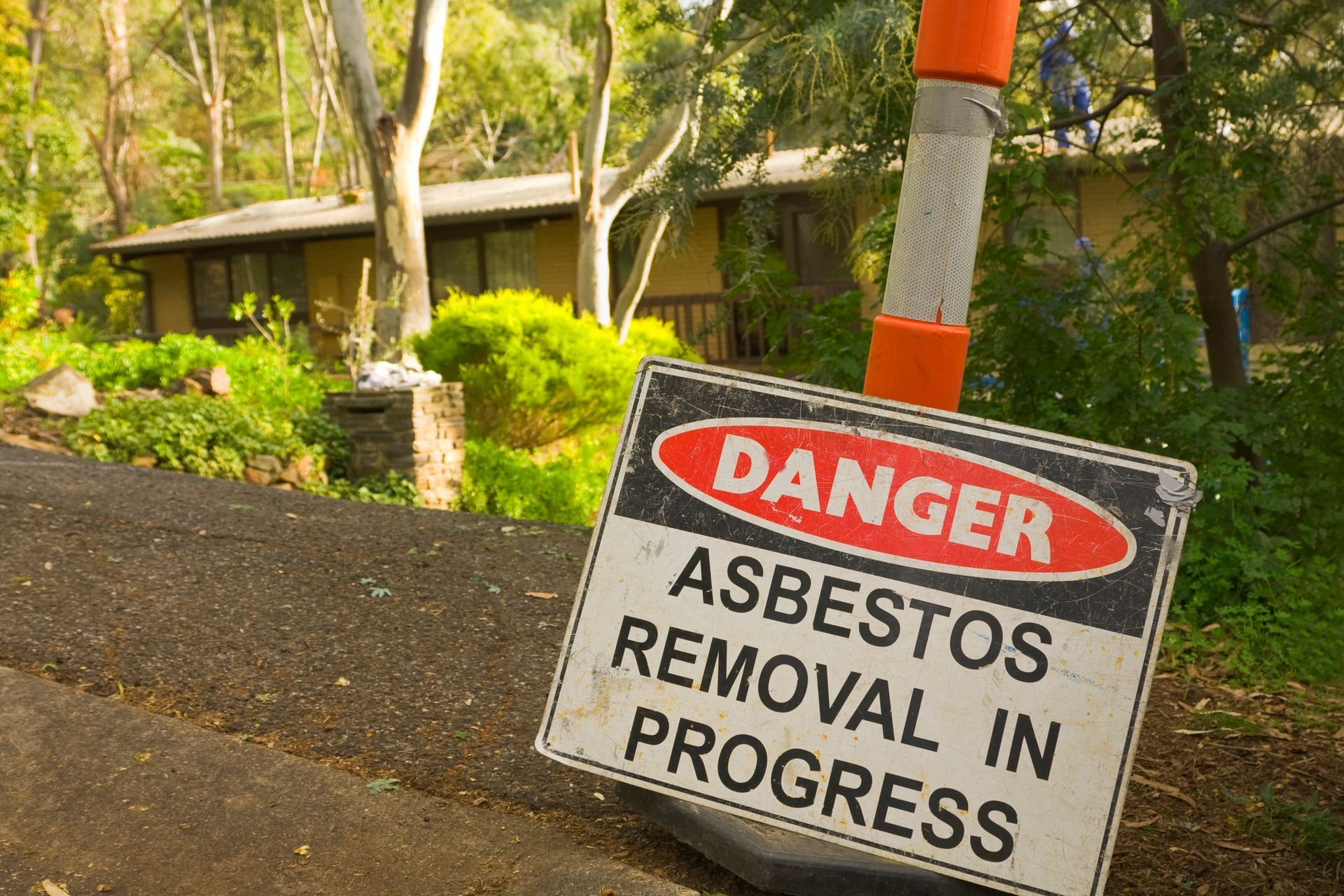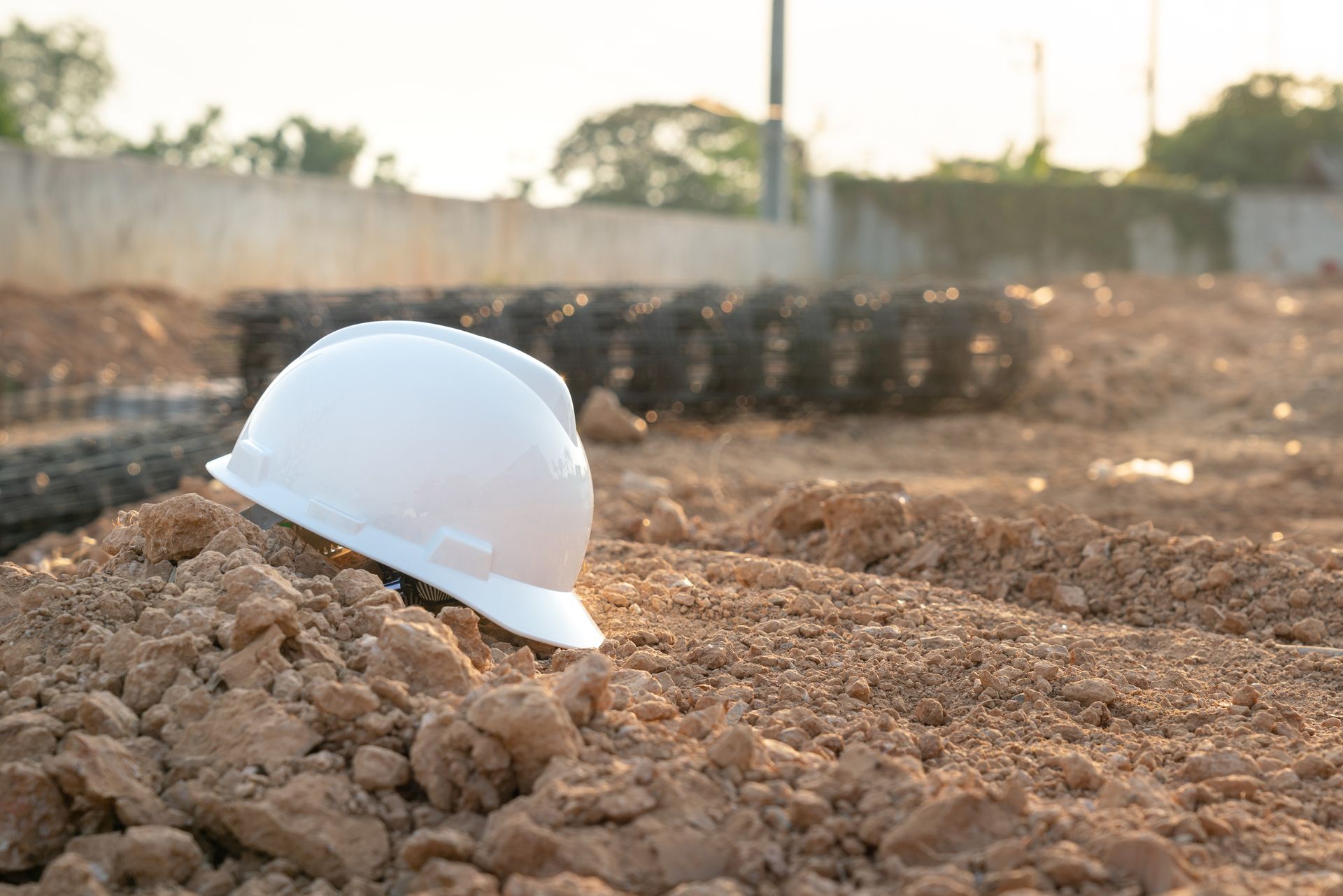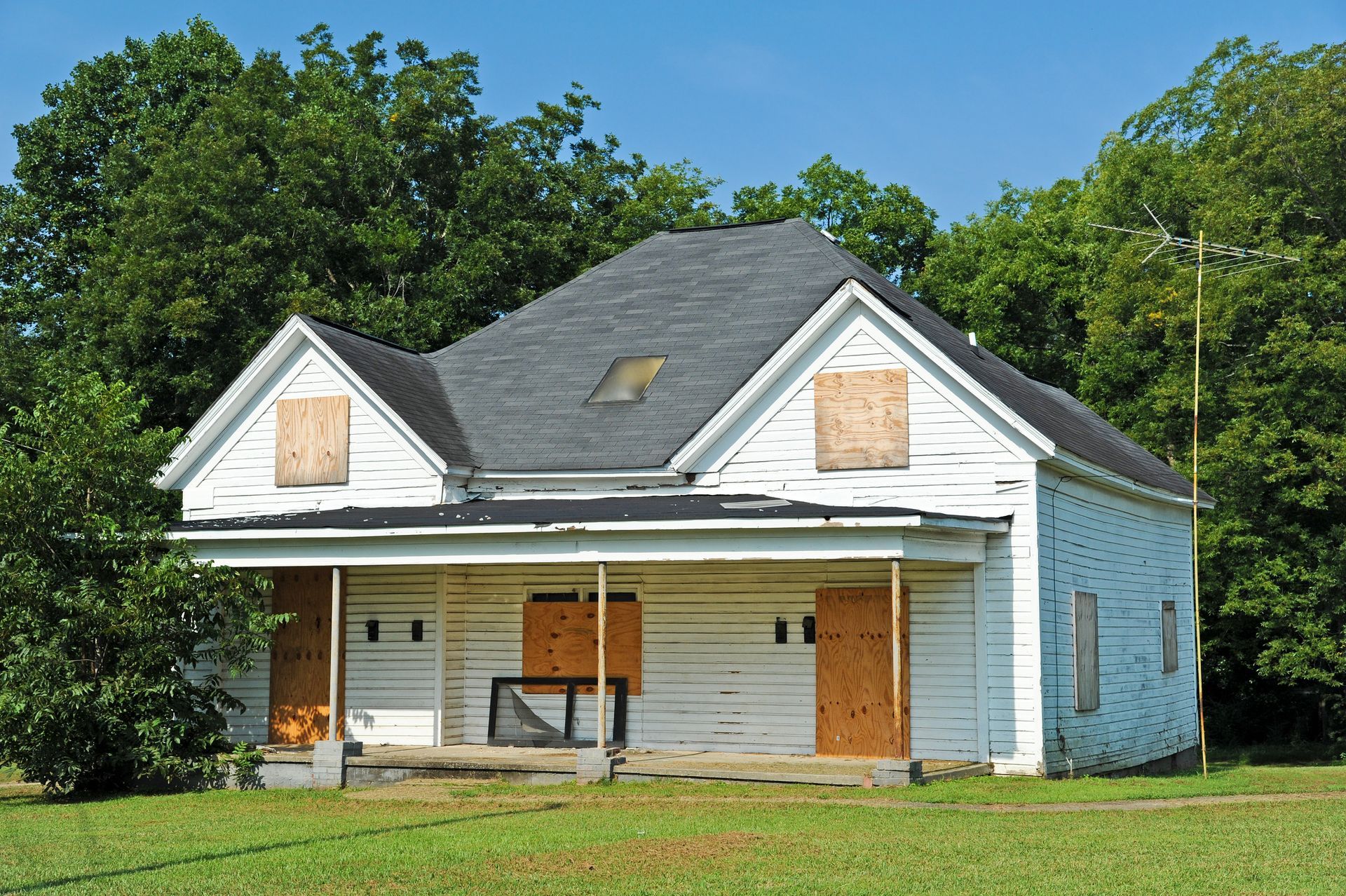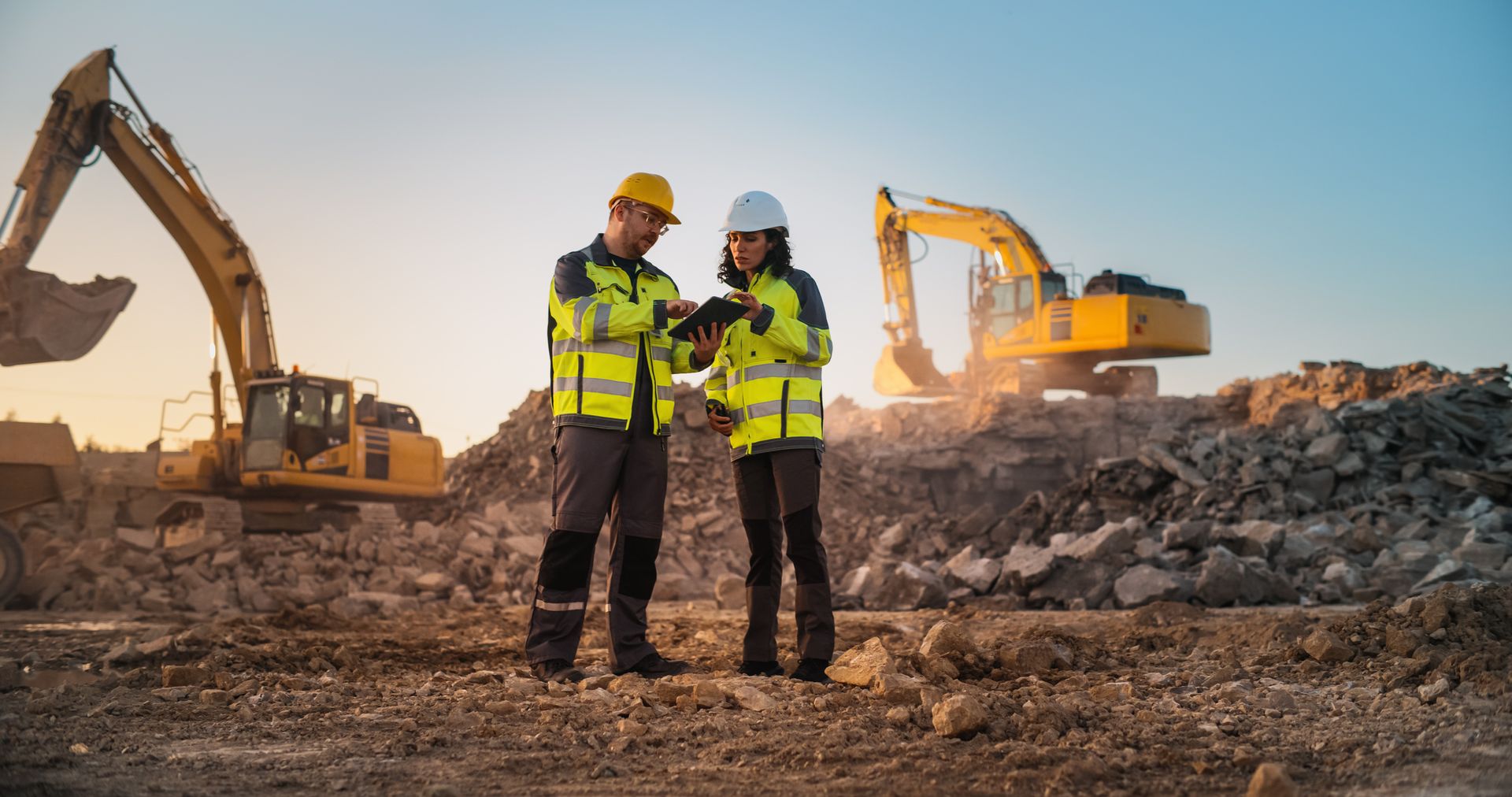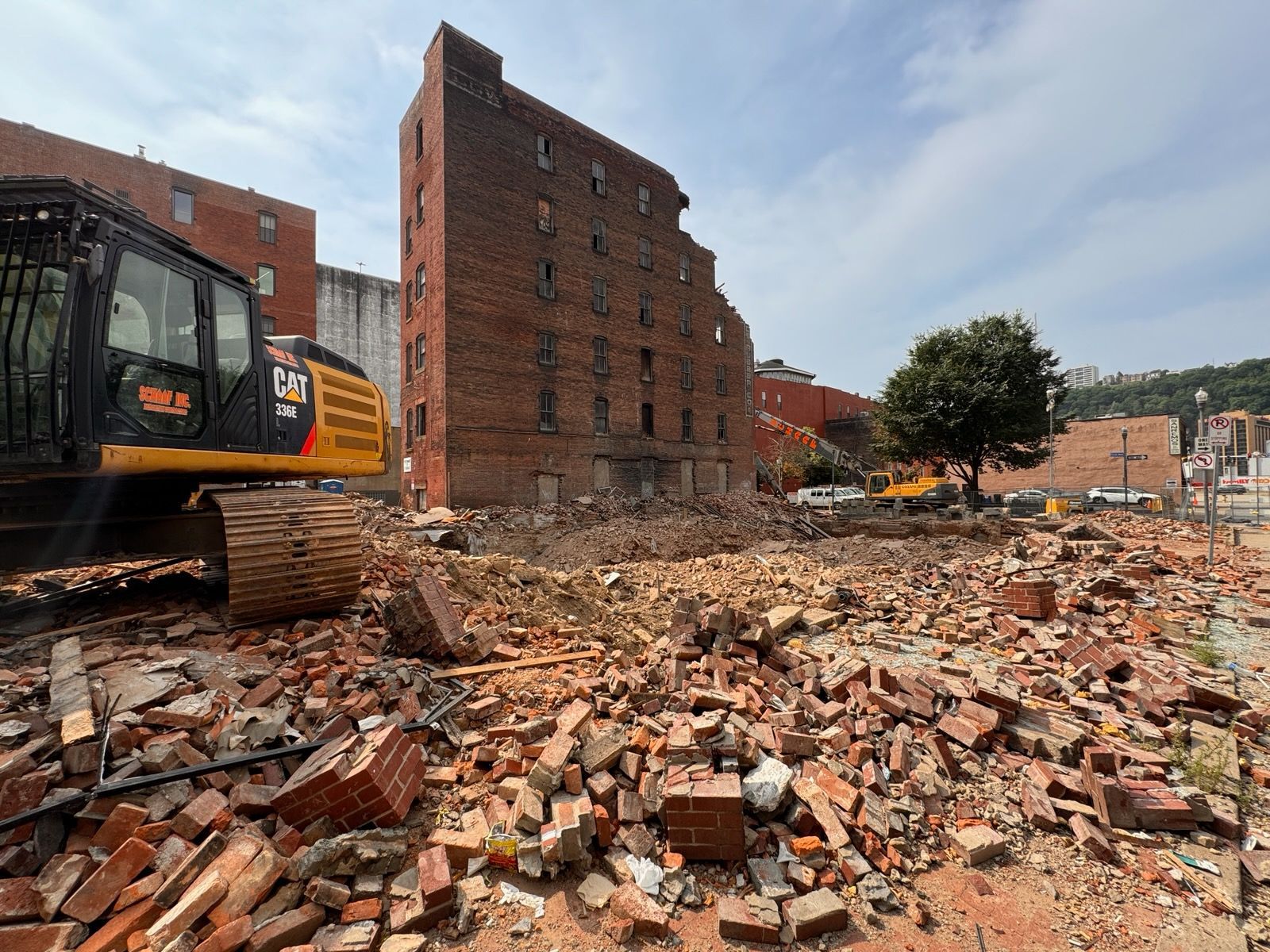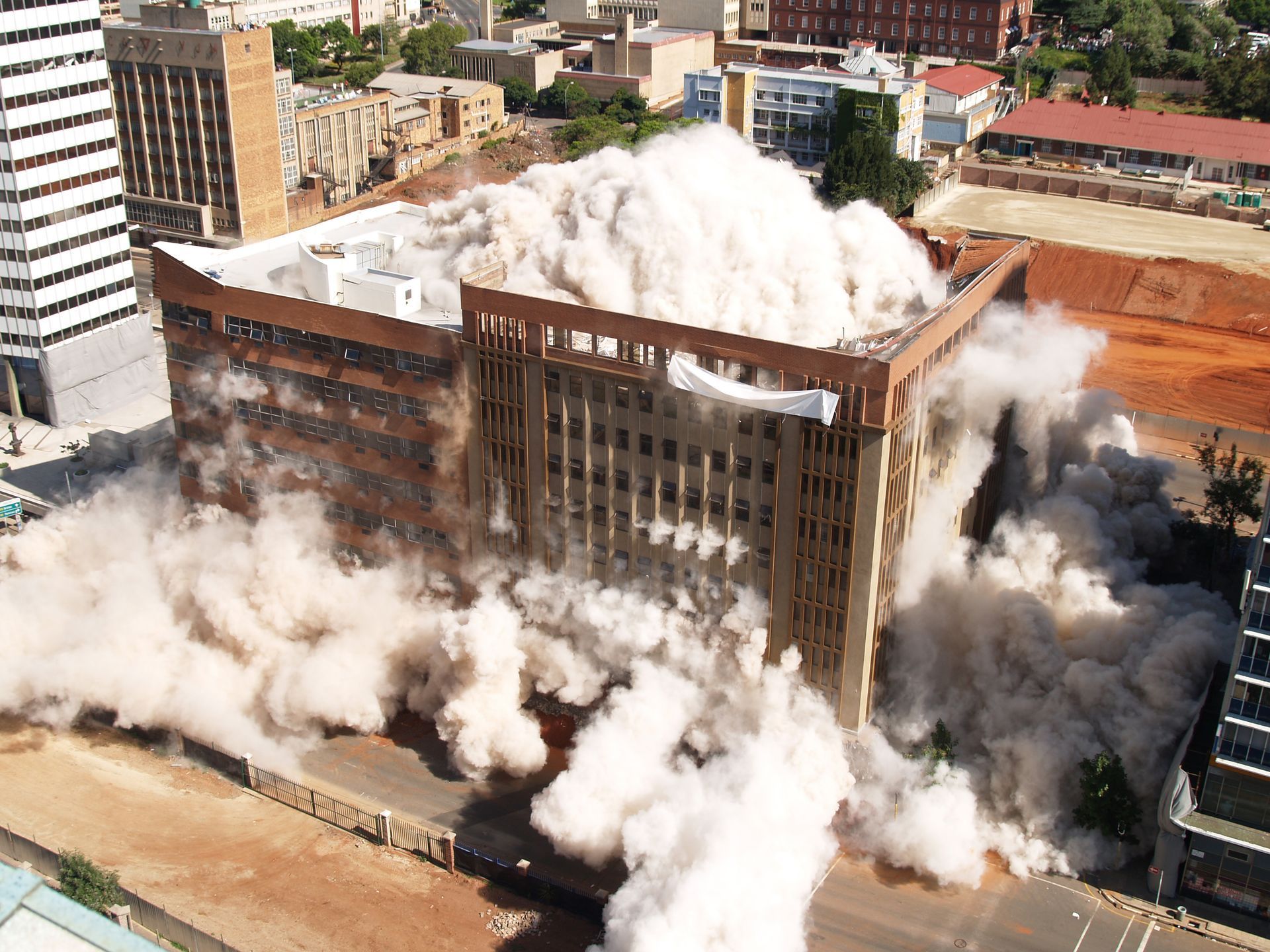What You Can Do About Abandoned Houses In Your Neighborhood
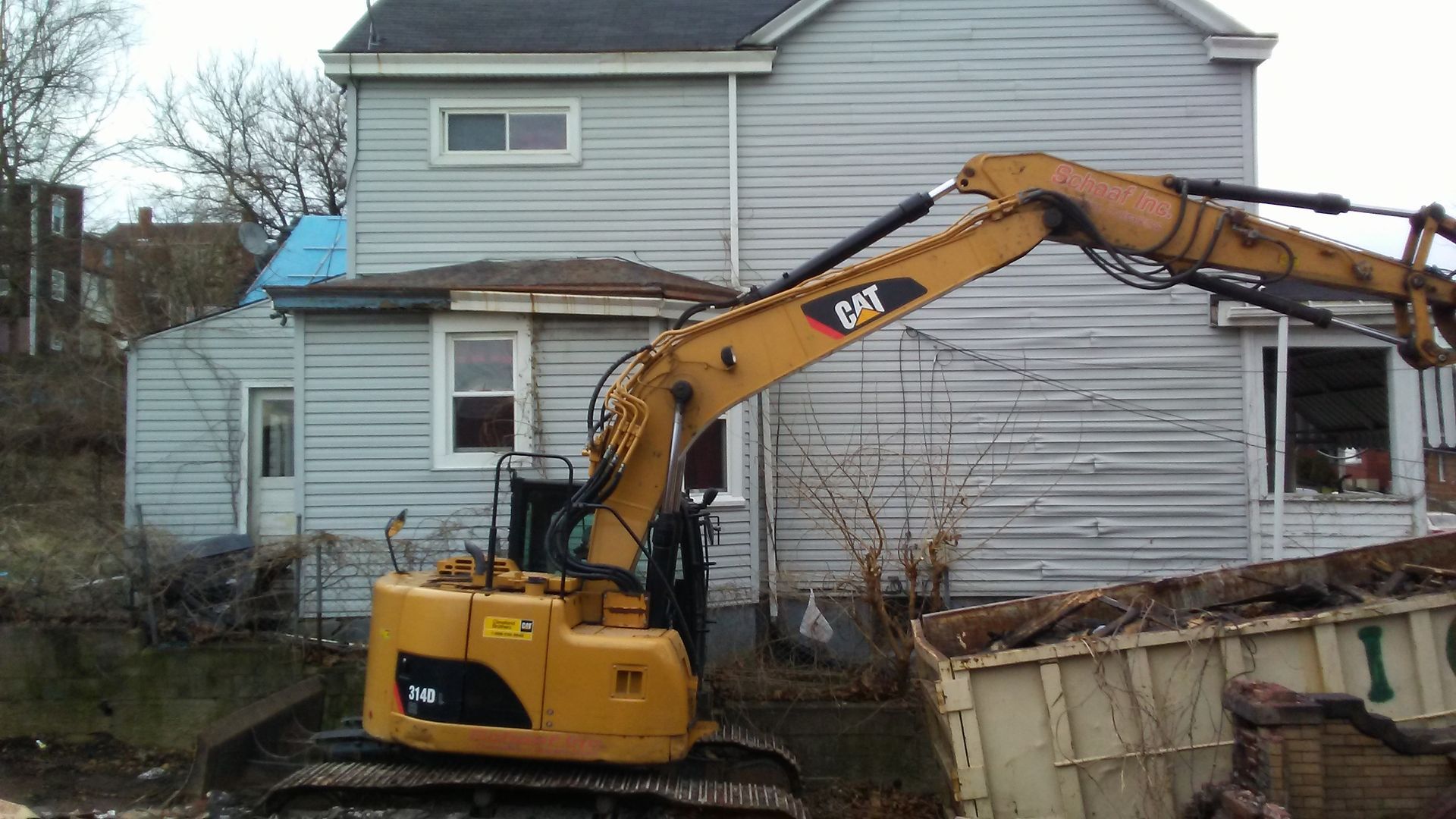
Walking past a house that seems lifeless and abandoned can be unsettling. Not only does it affect the aesthetic appeal of your neighborhood, but it also impacts property values and community safety. Homeowners play a crucial role in addressing such issues.
In this blog post, we'll explore what you can do about an abandoned house in your neighborhood, offering practical steps and resources to help rejuvenate your community.
Identifying the Problem
Signs of an Abandoned House
Spotting an abandoned house isn't always straightforward, but there are some telltale signs to watch out for. Look for overgrown yards, boarded-up windows, and a general lack of maintenance. Notices from the city or utility companies posted on the doors can also indicate abandonment.
Additionally, expired licenses or permits stuck on the windows may indicate that no one has lived there for a while.
Impact on Property Values
An abandoned house can significantly drag on local property values. Potential buyers are often wary of purchasing homes in areas with visible neglect, fearing the potential for crime or further deterioration. Real estate experts note that a single abandoned house can reduce the value of nearby properties by as much as 20%.
This ripple effect means that the problem impacts the immediate vicinity and the broader community.
Community Safety Concerns
Abandoned houses can become hotbeds for criminal activities, ranging from vandalism to squatting. They can also pose safety risks, such as fire hazards due to neglected electrical systems or structural dangers from deteriorating buildings. Furthermore, they can become breeding grounds for pests that affect neighboring homes.
Legal and Financial Implications
Laws and Local Regulations
Understanding the legal landscape surrounding abandoned properties is essential. Many cities have specific ordinances that dictate how long a property can remain vacant before legal action is taken. Homeowners should familiarize themselves with local laws regarding property maintenance and abandonment. In some areas, there may be penalties for neglecting upkeep, which can be leveraged to encourage property owners to take action.
Financial Burdens
The financial burden of an abandoned house doesn't fall solely on the absent homeowner; it impacts the entire neighborhood. Municipalities often spend significant resources managing abandoned properties, from mowing lawns to securing buildings. Taxpayer dollars typically cover these expenses, meaning the entire community bears the cost. Additionally, neighborhoods with abandoned homes may see increased insurance premiums due to higher perceived risks.
Potential Homeowners
Understanding the financial implications is crucial for those interested in acquiring an abandoned property. While these homes can sometimes be purchased at a lower cost, they often require extensive renovations. Potential buyers should conduct thorough inspections and budget accordingly for repairs and improvements. Additionally, they should be aware of any liens or back taxes owed on the property, as these could add to the overall cost.
What You Can Do
Steps to Take as a Concerned Neighbor or Homeowner
If you notice an abandoned house in your neighborhood, there are several steps you can take. Start by documenting the condition of the property with photos and notes. Contact your local city council or housing authority to report the issue and inquire about any existing plans to address the property. Contacting neighbors to discuss the situation and gather additional information can also be helpful.
Community Resources and Support
Many communities offer resources to help address abandoned properties. Local non-profits and community organizations often have programs focused on neighborhood revitalization. These groups can provide valuable support, from connecting you with legal resources to organizing community clean-up efforts. Additionally, some cities offer grant programs or low-interest loans for homeowners willing to rehabilitate abandoned properties.
Legal Action
Legal action may be necessary to resolve issues with abandoned properties in certain cases. This could involve filing a complaint with your local housing court or working with an attorney to pursue legal remedies. While this can be a more time-consuming and costly approach, it may be necessary when property owners are unresponsive or negligent.
Work with Schaaf Excavating Contractors to Address Abandoned Properties in Your Pittsburgh
Addressing abandoned properties is crucial for maintaining your neighborhood's health, safety, and aesthetics. While the process may seem daunting, taking proactive steps can lead to positive changes. Remember, you're not alone in this; your community and local authorities are valuable allies in reclaiming and revitalizing your area.
If you need a professional touch to handle an abandoned property, consider contacting Schaaf Excavating Contractors. Here's why:
Expertise: With years of experience in the industry, we bring unbeatable expertise to every demolition project.
Safety: Our top priority is ensuring all demolition activities are conducted without harming people or the environment.
Efficiency: Equipped with state-of-the-art machinery, we guarantee efficient and timely project completion.
Comprehensive Services: From initial assessment to debris removal, Schaaf Excavating Contractors handle all aspects of the job, offering you peace of mind.
Community Focused: As a Pittsburgh-based company, we understand local regulations and community needs, making them the perfect partner for your project.
Compliance: Schaaf Excavating Contractors are fully licensed and insured, ensuring that your project will be done safely and in compliance with all regulations.
Always seek legal advice before taking action, following your local laws and regulations in relation to abandoned properties.
Taking action today can lead to a more vibrant and safe neighborhood tomorrow. Don't wait—contact Schaaf Excavating Contractors and take the first step towards restoring beauty and safety to your community.

Author: Tim Schaaf
Owner & Founder of Schaaf Excavating Contractors.
